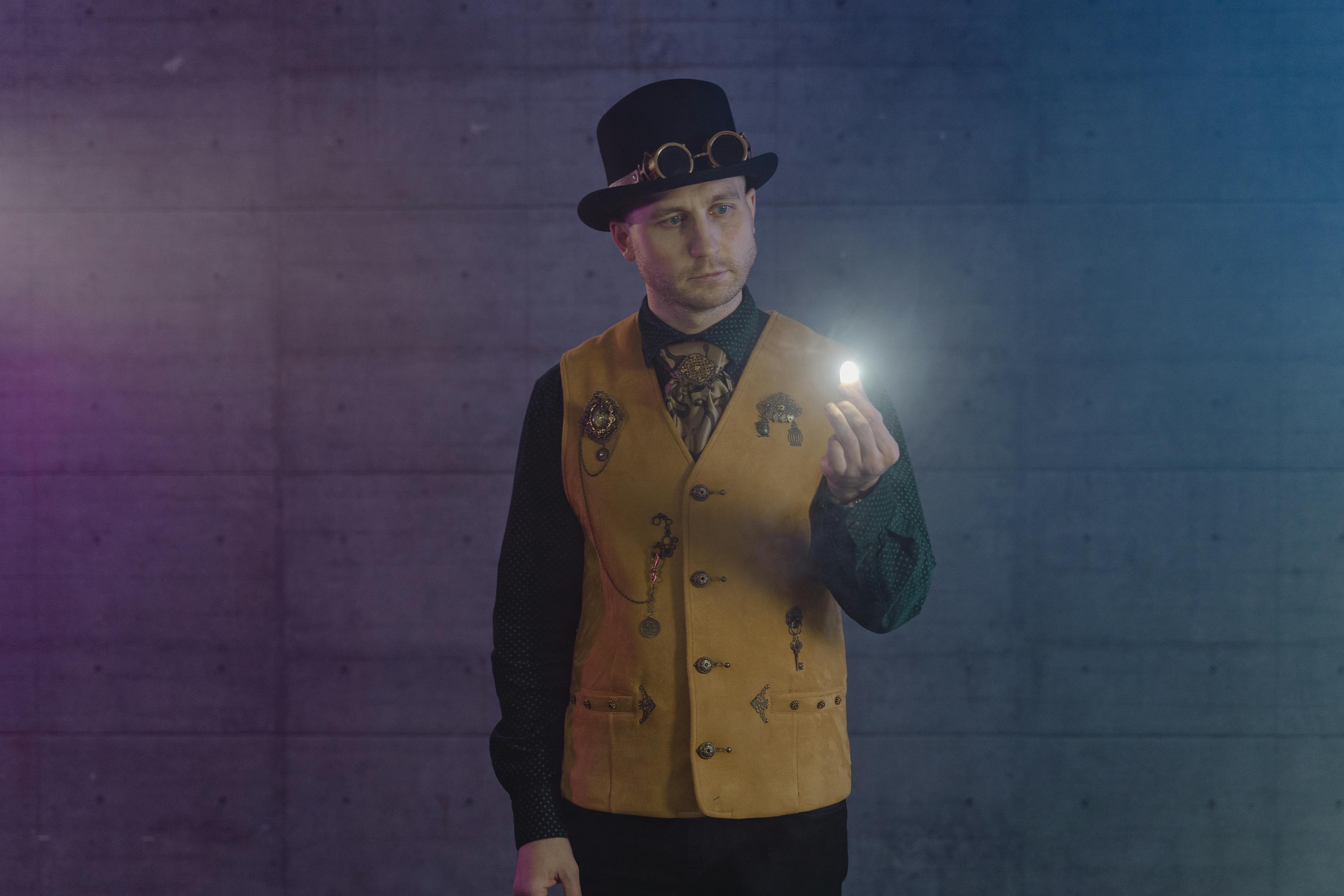
Anxiety and its nature
You:
o often feel extremely worried or restless
o You begin to feel unsteady or shaky due to some worries about past incidents or due to expectations of future events.
or you often have trouble concentrating on your daily activities due to some kind of fear
o you often get upset that something very bad is going to happen to you
If your answers are “yes” to the questions above, then you could be suffering from Anxiety.
Anxiety is generally a person’s response to a real or imagined fear or threat. In case of anxiety, the response may be unequal to the real threat. Symptoms may include:
• Body sweat and tremors
• A sudden increase in the rate of breathing
• fast heartbeat
• feeling dizzy
• extreme discomfort, etc.
Almost everyone has anxiety at some point in their lives, but if this anxiety gets out of control, it leads to complications and health disorders. Anxiety becomes a disorder when the person is unable to control the thoughts that trigger the nervousness. Anxiety is a signal to your body about a possible threat to us. Anxiety generally pushes a person to act or react to the situation. You will be faced with a “fight, flight or freeze” situation.
What is an Anxiety Disorder?
Anxiety will become a disorder and become a mental health complication if not managed properly. The person’s response to a genuine threat or imagined danger will trigger panic symptoms. A person suffering from anxiety usually begins to panic without any appropriate reason for fear. Your mental thinking and understanding of the situation will increase or decrease your nervousness.
There are many types of anxiety disorders such as:
1) Generalized Anxiety Disorder (GAD): Excessive and unnecessary tensions or worries about certain things, including worrying about being upset.
2) Panic disorder: feeling panicky and nervous about having a panic attack now.
3) Agoraphobia: Fear of certain places or situations and not being able to get help or escape from there.
4) Social Anxiety Disorder: Unable to mingle freely with other people, often due to fear of embarrassment and being judged.
5) Specific Phobias: Extreme fear of certain things, animals or situations.
Treatment for anxiety includes counseling, medication, or self-help.
1) Counseling: The person with anxiety should consult a health specialist, counselor or psychologist. There are various therapies to overcome anxiety.
2) Medications: Medications are prescribed in certain cases where the patient is panicking due to this type of anxiety. The doctor will analyze the patient’s health status and the severity of the panic, and may prescribe anti-anxiety medications. The patient must strictly follow the dosage suggested by the doctor.
3) Self-help: the patient can choose various self-help methods to overcome anxiety. Practice relaxation techniques, breathing techniques, etc. It will help them calm down. They may also practice hypnosis to program their mind to overcome anxiety. The positive affirmations given during the hypnosis session can be repeated.
Treatment options vary by individual.